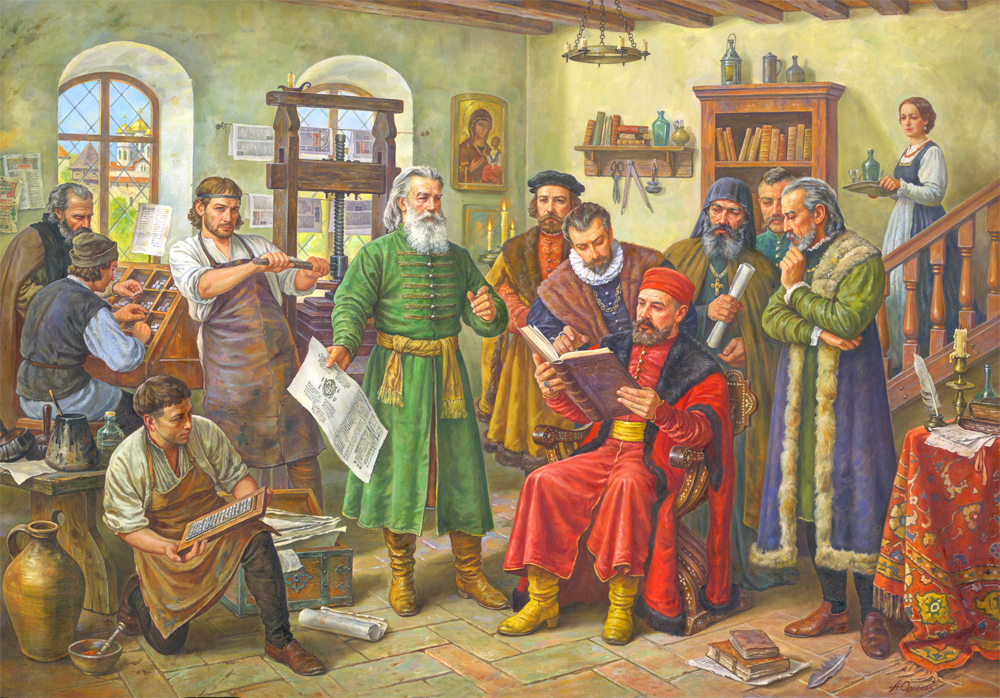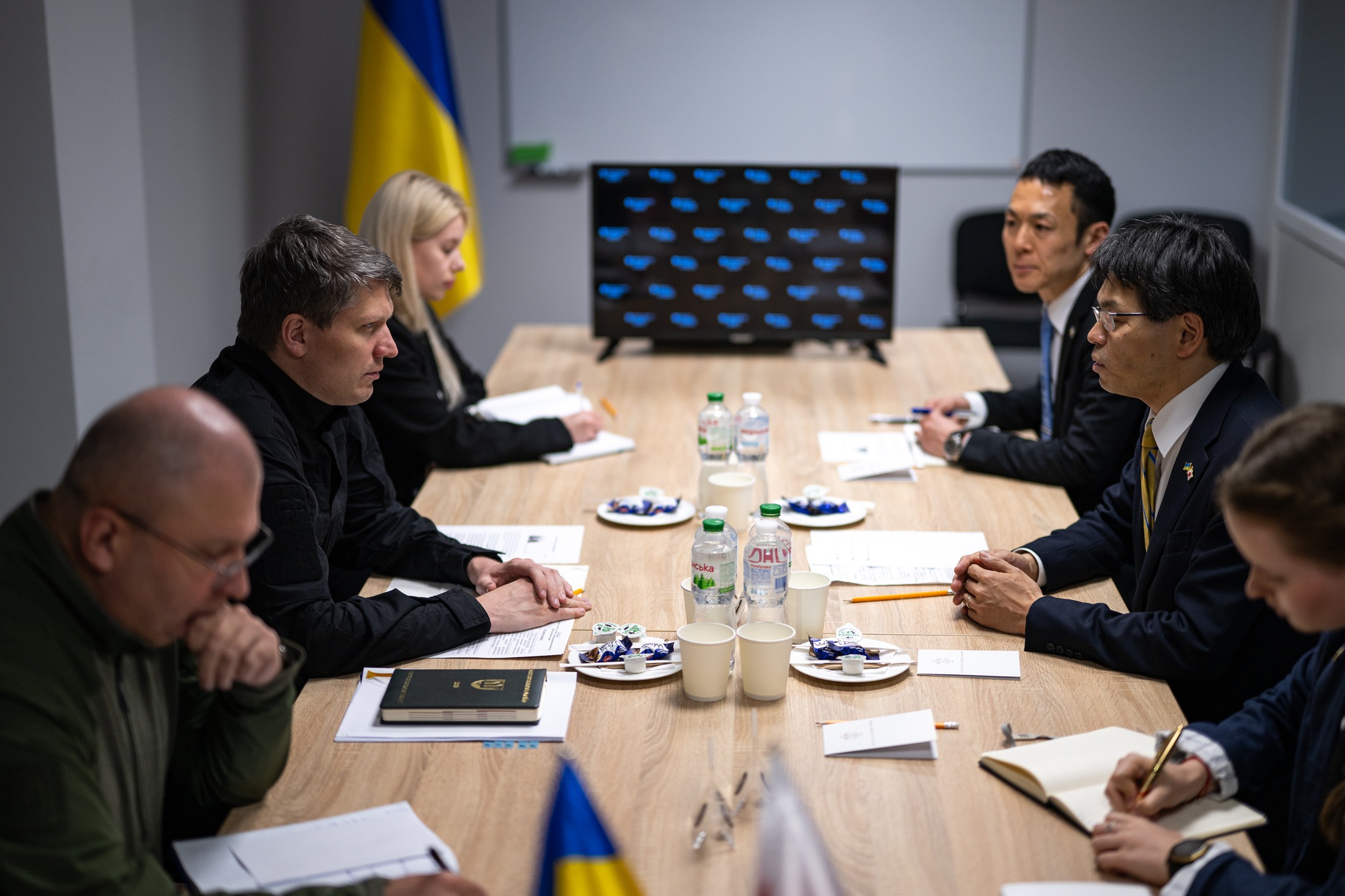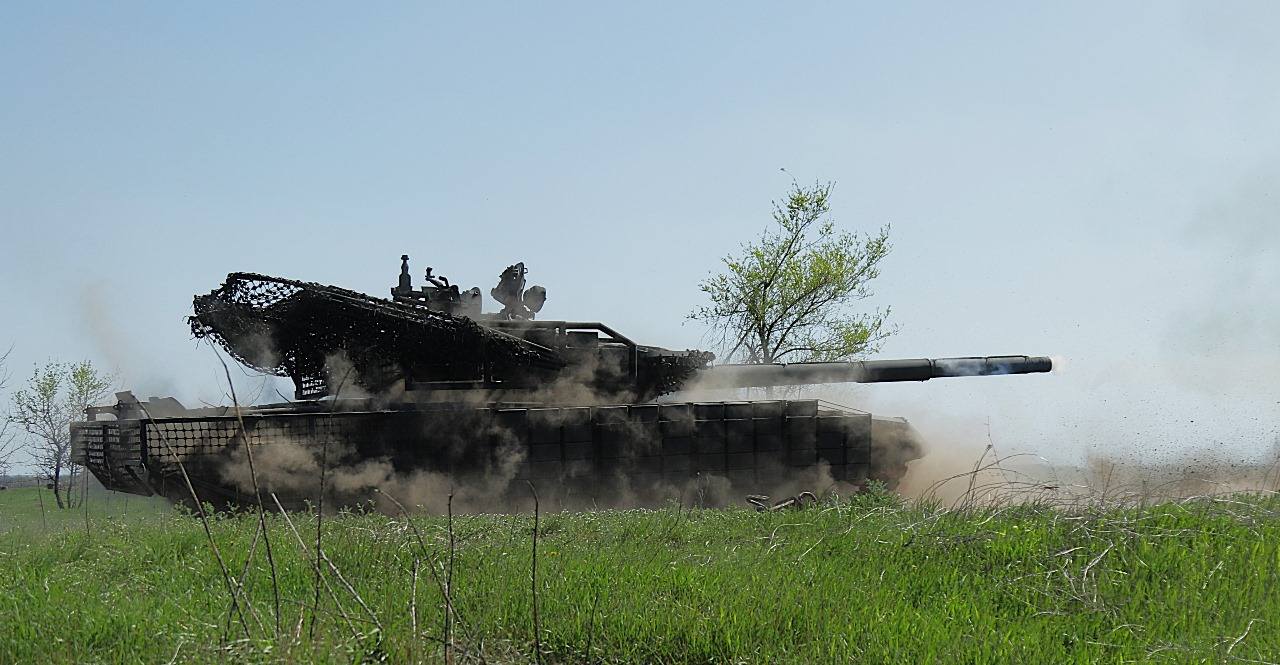On July 12, 1580, the first complete corpus of Bible books in the Church Slavonic language was published - the Ostrog Bible.
With the funds and organizational efforts of Prince Vasyl-Kostyantin Ostrozhsky, a group of scribes created the Slavic biblical canon for the first time, thanks to which the Church Slavonic language, in its Ukrainized and codified version, became widespread in the Slavic Orthodox world.
In addition to Ukrainians, the Ostrog Bible was used by the entire Orthodox Slavic world and Moldova for 170 years, its language had a significant influence on the establishment of the later East Slavic version of the Church Slavonic language among Eastern and Southern Slavs.

Due to the lack of it for church needs, the Ostrog Bible was first reprinted in 1663. By order of Tsar Oleksii Mykhailovych, the 1581 text was republished in the Muscovite Empire as "first printed", correcting the spelling and replacing the remnants of the Ukrainian accent with a Russian one. For the second time, the Bible of 1581 - in the edition of 1663 - was corrected by order of Peter I in 1712-19 based on the Greek text by Bishop Theophylact Lopatynskyi.
After the tsar's death, it was never issued, and Lopatinsky's corrections were "checked" for years. Finally, on December 18, 1751, the so-called Elizabethan Bible, in fact, the third edition of the Bible in 1581, was corrected by order of Empress Elizabeth by hieromonks-professors of the Kyiv Academy, Varlam Laschevskyi and Gedeon Slonimskyi.
The first complete translation of the text of the Bible into the new Ukrainian language was carried out by Panteleimon Kulish, Ivan Pulyuy and Ivan Nechuy-Levytskyi in 1903. The second, scientific translation was performed in 1917-40 by Ivan Ohienko (Metropolitan Hilarion). The book, "literally translated from ancient Hebrew and Greek", was published in 1958. Five years later, the complete translation of the philologist Ivan Khomenko - "Holy Scripture" - was published.
The last two complete translations of the Bible into Ukrainian belong to the patriarch of the UOC-KP Filaret (Mykhailo Denisenko, (2004) and Roman Turkonyak (2007).

The 1581 edition of the Bible is one of the outstanding examples of Ukrainian and world polygraphy of the 16th century — it contains 81 screens from 16 boards, 70 endings from 17 boards, 1,384 engraved initials, numerous compositions of cast ornaments, the first East Slavic engravings in the printing technique. The circulation is not specified, but experts believe that 1,500-2,000 copies were produced, distributed among Orthodox Slavs, Moldovans, and Romanians.
It is believed that about 300 copies have reached our time, which are stored in museums, libraries, and archives of Austria, the Vatican, Belarus, Bulgaria, Great Britain, Holland, Greece, Estonia, Canada, Kyrgyzstan, Lithuania, Germany, Poland, Russia, Romania, Serbia, Hungary, the Czech Republic, Finland, France, the USA, and Uzbekistan. In Ukraine, copies of the Ostrog Bible are kept in the collections of libraries and museums in Lviv, Kharkiv, Uzhgorod, Odessa, and Simferopol.
In the National Library of Ukraine, named after 18 copies of Volodymyr Vernadsky are preserved, among them the Bible with two afterwords - from 1580 and 1581, which belonged to the last Polish king Stanislaw-August Poniatowski.
The significance of the Ostrog Bible was enormous for Orthodox education, which had to resist strong Catholic pressure in Ukraine and Belarus.





















